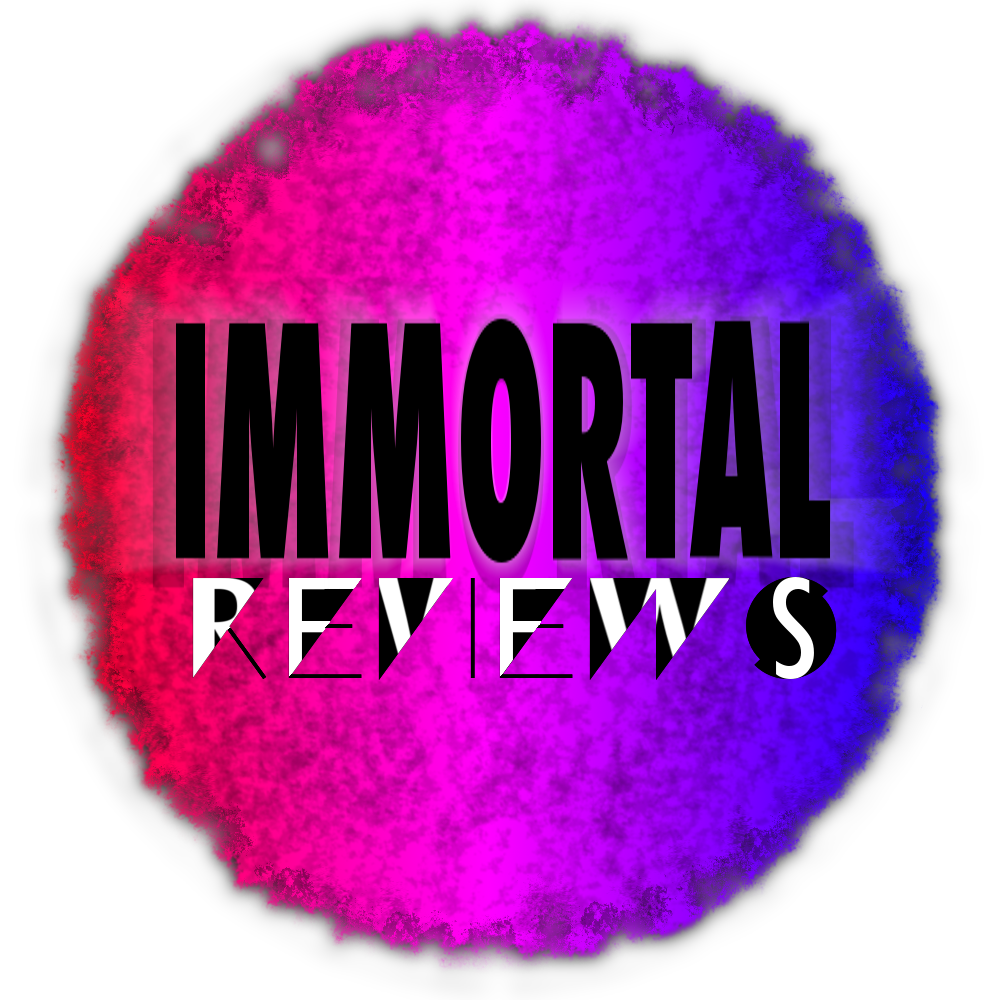Roughly ten years ago, one of the biggest bands in the history of music released one of the most influential albums in the history of rock. But before that, they had to begin somewhere. It has been a decade since My Chemical Romance released The Black Parade, but besides a select few songs, the songs preceding that album aren't as well acclaimed.
That being said, it's not hard to see why that's the case for the band's 2002 debut, I Brought You My Bullets, You Brought Me Your Love. The album is a tragic cross between edginess and some good ideas, but neither points are actually achieved throughout the record, making the album almost widely forgettable until you look at its purpose.
Musically, there really isn't much going on that's special. There's a lot of uncertainty in the album, and its evident through the sound. The album's rawness plays into that. Unlike future MCR albums to come, I Brought You Bullets misses the grandiose of its successors and focuses more on the "emotion-through-tone" aspect. The instrumentals are often times brooding and fast-moving without much work done on them to clean up. The work isn't sloppy, but it's definitely not tight, either.
The first examples of rawness are in 'Vampires Will Never Hurt You', the big drive and solid guitar work feels wholly unpolished but still fits the context of the song with its edgy, throaty screaming from Gerard Way in front. 'Vampires' is almost like a precursor; it has traces of that signature creepiness that always gave MCR's music very Tim Burton-esque. The edgy textures follow through in 'Drowning Lessons', focussing more prominently on melodic guitars while still maintaining the off-kilter vibe.
The album isn't pigeonholed into one type of sound. That's a big thing for a debut, especially of its time. There's the lo-fi Spanish acoustic intro of 'Romance', which is almost misleading of the album but carries the sentiment expressed within it. 'Our Lady Of Sorrow' can be most easily described as a form of "dance metal," the guitars interesting and heavy with a driven beat that has a slight groove to it. If Gerard wasn't screaming like a dying frog, this song could've been something really interesting. The entire sound of the album is contrasted by 'Early Sunsets Over Monroeville', the bright, cheerful guitar shining above Way's flowing melody. The song is somber yet clean. The album's closure 'Demolition Lovers' - the subjects of the accepted headcanon of the story, discussed later on - is a longer song, starting quietly and with a defeated vibe before building into one final burst of energy and anger to close the album. There's different parts and levels to the song that give it some character, giving the album a fresh ending.
I Brought You My Bullets takes on a different dimension if you take the story into account. The story, while unofficial, turns the album into a concept album. A simple yet effective tale, the album tells the story of two lovers running from an enemy before ultimately being gunned down in the desert. The story is picked up in the band's sophomore album, but I Brought You My Bullets ends in defeat. His girlfriend dead, descending to Hell and he being trapped in purgatory, it's a tragic ending to a thrilling story put to bad screams and volatile instrumentals.
The theme of love and chasing it, or in some cases destroying it, is definitely present throughout the record. The story starts with the character acknowledging in a selfish manner that the relationship will only fail in 'Honey, This Mirror Isn't Big Enough For The Two Of Us', the chorus clearly stating "And you can cry all you want to / I don't care how much / You'll invest yourself in me / We're not working out." The Black Parade explored the acceptance of death, while the band's first two explore immortality. This becomes more evident in Three Cheers For Sweet Revenge, but the lead up is in I Brought You My Bullets. Undying creatures such as vampires and causes of death including drowning are evidence of the exploration of death, how to escape it, and what it means.
Some songs don't fully play to that concept, though. Particularly, there's 'Skylines and Turnstiles', the song that is set off My Chemical Romance. Inspired by Gerard's witnessing of the September 11, 2001 World Trade Center terrorist attacks. The lyrics discuss whether or not forgiveness can be sought out, and whether or not there is hope for justice. Way shows that there is unity amongst the people, that no one is alone, but can't beg but ask whether or not there is hope to be found, the chorus pleading "This broken city sky, like butane on my skin stolen from my eyes / Hello, Angel tell me, where are you? Tell me where we go from here."
My Chemical Romance's beginnings may not have been perfect, but they stood as precursors to what was ahead. I Brought You My Bullets, You Brought Me Your Love is a confused record, but its struggle with identity birthed something unique, unbeknownst, at the time, to both the band and listeners. It's a hit or miss record, unfortunately, but its importance cannot be ignored.















